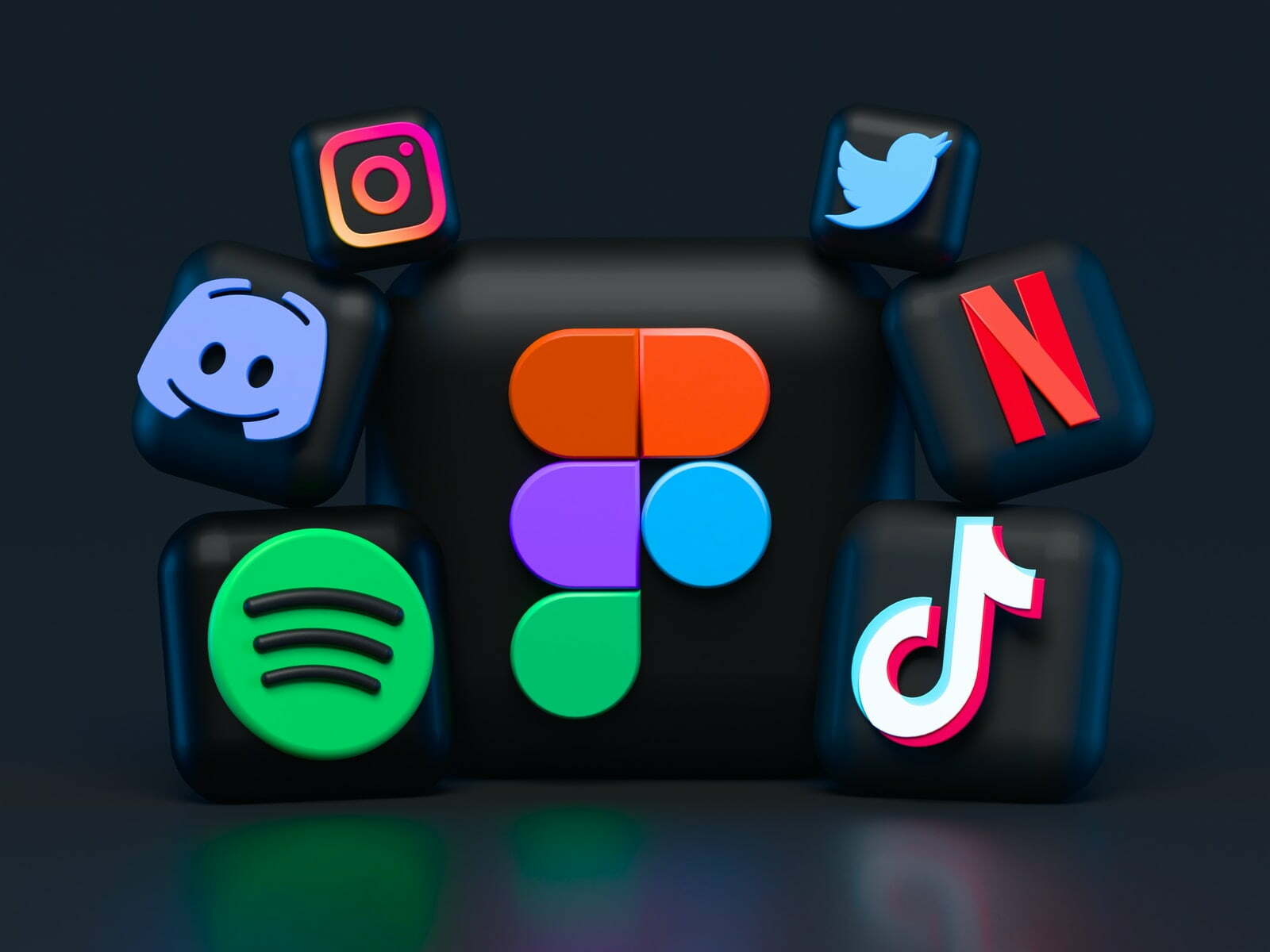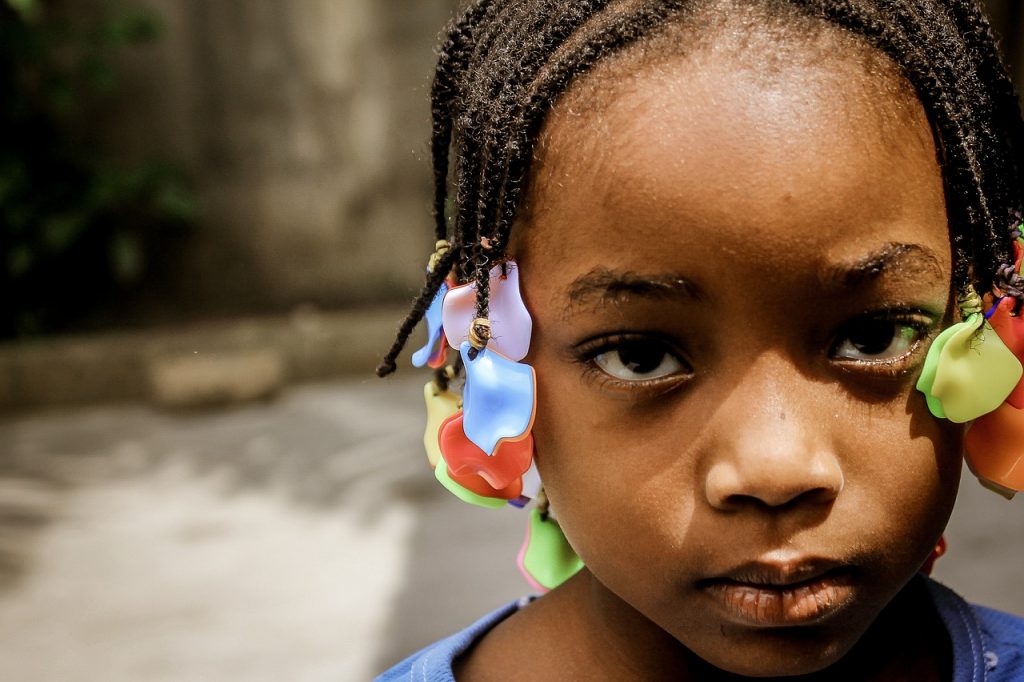Catch up with the online safeguarding news stories for July, in easy to read bitesize news segments.
3rd July – Roblox features scenes of gang rape: A mother in the US revealed that the hugely popular multiplayer online platform Roblox had featured images of her 7-year old child’s avatar being ‘gang raped’. She found the child watching two male characters attacking the child’s female avatar. Roblox apologised and said that they had banned the player responsible from the site. That’s not to say that this warped individual won’t re-join the platform using false details. Easy enough to do.
4th July – Social media companies deliberately make apps addictive: An investigation by the BBC’s Panorama programme claimed that social media companies deliberately tailor their apps so that they are addictive to the users. Industry insiders said that engineers and technicians intentionally design in features that make users look at their phones longer than is necessary. One example given was the creation of the infinite scroll facility which was described as “highly habit forming”, whilst another example cited was the Like Button. They pointed out that in the UK, teenagers now spend an average of 18 hours a week on their phones.
4th July – Apps spying on your smartphone screens: Scientists at a Boston University conducting research into smartphone surveillance, claimed that there are several Android apps available, which have the facility to record users phone screens. This information is then sent onto 3rd party companies, who presumably use the information to target the user for further advertising.
9th July – Twitter shuts down millions of fake accounts: The Washington Post featured an article claiming that Twitter, in an effort to clean up the platform, had closed down approximately 70 million fake and suspicious accounts from May onwards. These targeted were accounts believed to be used by Trolls and automatic Tweet generators (Bots). Twitter declined to comment but did say that there is always ongoing work to “improve the health of the public conversation on Twitter”.
9th July – Smart home gadgets used by abusers: Researchers in the UK produced a tech abuse help sheet, aimed at victims of domestic abuse (predominantly women). The information sheet lists organisations which produce guidelines, help and advice on smart devices that are capable of being used to control, intimidate and harass victims of domestic abuse in the home. An example of smart devices being used in this manner are where abusers are able to remotely lock doors and control a rooms temperature. Reality of science fiction – well judge for yourself. The help sheet can be found here.
10th July – Reddit gets heavy handed when challenged on why they don’t ban hate speech: Reddit user, 17-year-old Zachary Swanson asked the platform why they didn’t make more effort to ban hate speech on the site. Responding via direct messaging, Steve Huffman the CEO of the hugely popular social news and discussion website, stated that banning hate speech was “not really done” and “an impossible precedent to uphold”. He also said “additionally, we are not the thought police. It’s not the role of a private company to decide what people can and cannot say.” Earlier in the year Steve Huffman had indicated that racial slurs did not contravene the sites policies. It appears that whereas Mr Huffman claims to be a supporter of free speech, that doesn’t extend to occasions where you upset him. Poor old Zachary made the mistake of publishing images of the exchange with the CEO, at which point his account was suspended for a week, without any explanation from the company. Double standards?
11th July – Facebook faces fine for data breaches: The UK’s Information Commissioners Office signalled their intention to fine to fine Facebook £500,000 for data breaches for the Cambridge Analytica data breach fiasco. That amount of money will no doubt do little dent Facebook’s coffers, but unfortunately it is the maximum penalty permitted in the UK.
July 18th – Teenagers who regularly use social media are more likely to struggle when required to concentrate: A study of 2,587 children aged 15 and 16 by the university of Southern California, revealed that children who used digital media the most over a 2-year study period, showed more signs of ADHD. This included difficulty concentrating, sticking to tasks and keeping still. This was significantly reduced in those children who used media less.
18th July – Roll up, roll up, get your fake news on Facebook: In the US, Facebook was asked at a Congress hearing why it continued to allow the conspiracy theory site InfoWars to use its platform. Run by a man called Alex Jones, InfoWars has an audience of more than 2.4 million and posts and publishes conspiracy theory stories, many of which are dangerous and intended to drum up bad feeling e.g. claims that some of the mass high school shootings in the US are hoaxes. Facebook defended themselves by quoting their policy around inappropriate content but admitting that they do not have a policy around removing fake news. Were Facebook rattled by their appearance before congress? Well, on 27th July they imposed a 30-day suspension on Jones, stating that he had posted videos that broke its community standards. Whilst this applied to Jones, it didn’t apply to the actual site, which remains active. The offending videos apparently show Jones criticising Muslim immigrants to Europe, denouncing a transgender cartoon and a man pushing a child to the floor.
27th July – Too easy to find porn on Instagram: The Sun accused Instagram of failing to prevent children from being exposed to pornographic material. They highlighted the use of hashtags that help users to search and find adult material on the site. The newspaper found that rogue users were using certain hashtag searches to circulate and share inappropriate posts, including videos featuring full hardcore sex, male ejaculation, oral sex and masturbation. They also found one clip showing a bestiality scene involving an adult woman and a horse. Thankfully it is not so easy to find this type of extreme porn*, however what we have found is that if you are creative with your search terms, you can find almost anything on Instagram. Users are required to be 13 years of age to use Instagram.
Thanks for reading
Extreme porn, which is illegal can be – pornographic material that shows an act threatening a person’s life, results (or is likely to result) in serious injury to a person’s anus, breasts or genitals, involves (or appears to involve) sexual interference with a human corpse, and sexual acts with animals.









